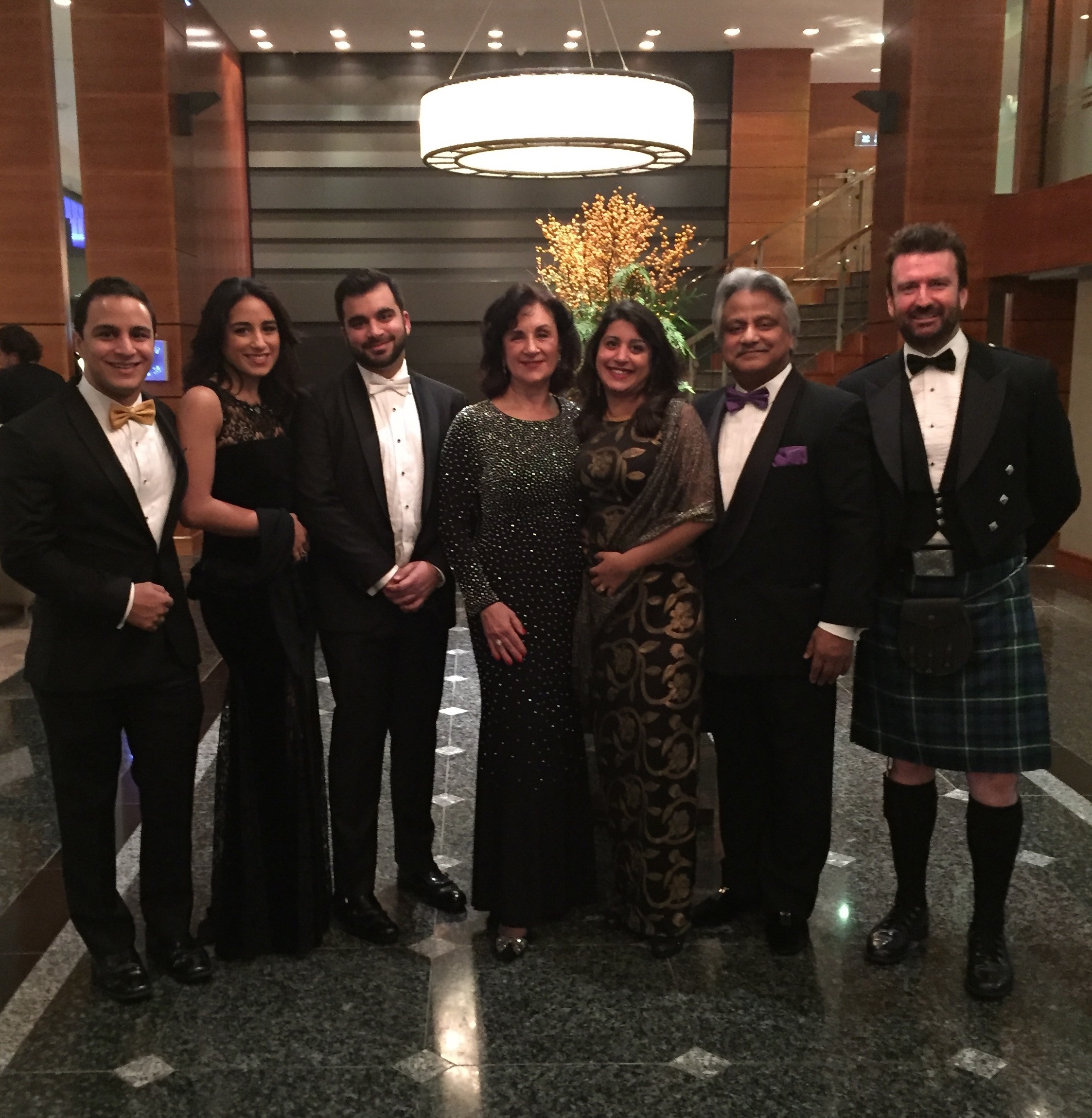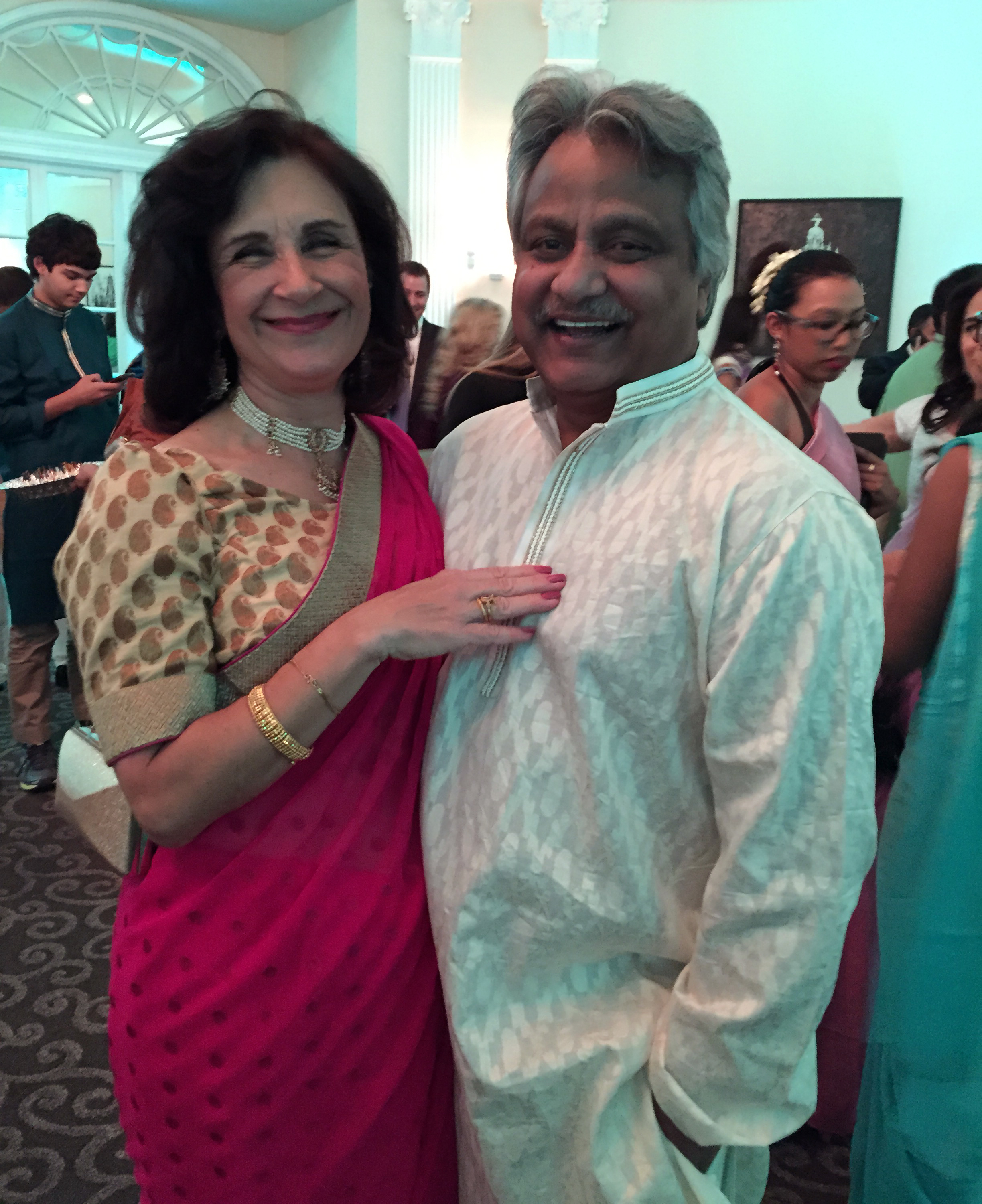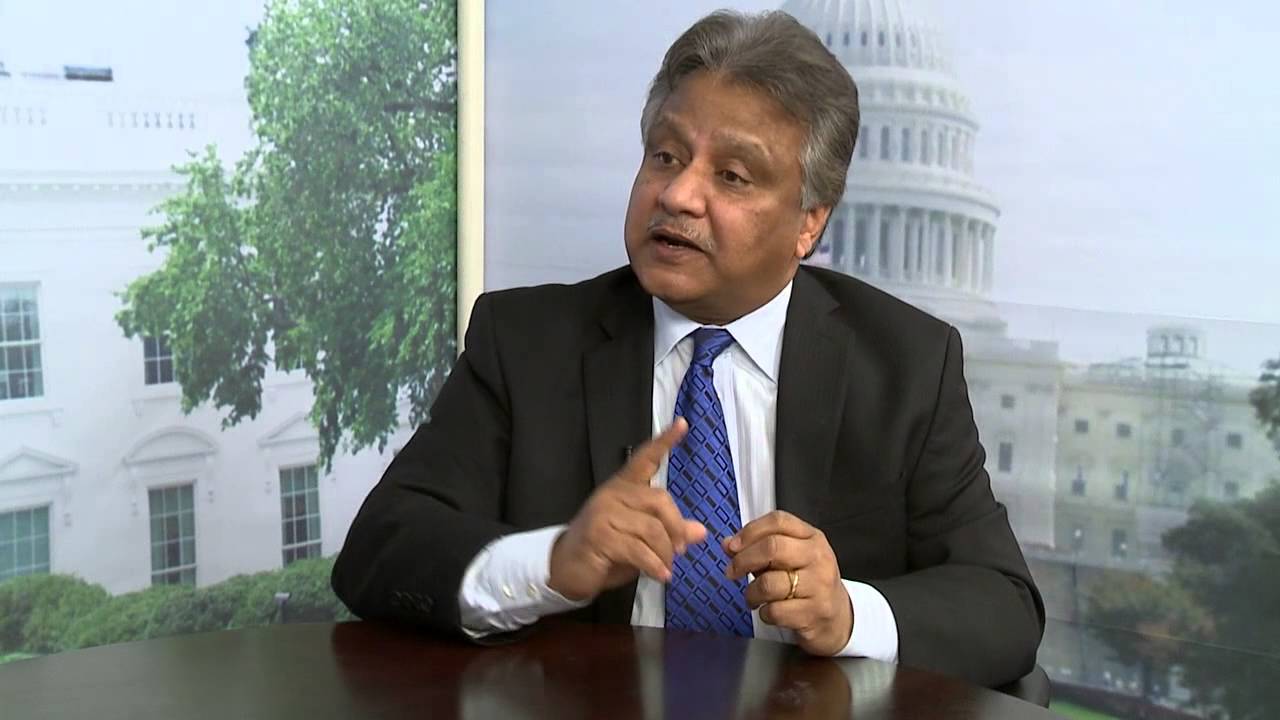From 1999 to 2000, M. Osman Siddique served as U.S. ambassador to Fiji, with concurrent accreditations to the kingdom of Tonga and the governments of Tuvalu and Nauru. In a column he recently wrote for the Huffington Post, he recalled: “I took my oath of office [as ambassador] to uphold and defend the Constitution of the United States of America with my hands on the Quran atop my wife’s Bible. It was one of the proudest moments of my life.” Here, he shares his thoughts on immigration, being an American by choice, combating terrorism, and more.
Can you tell us what drew you to the United States, and what prompted you to become an American?
I came to this country as a student during the breakup of Pakistan in 1971, which was a very difficult and traumatic period in the lives of people in that region. I was born in Dhaka, Bangladesh (formerly East Pakistan), and was admitted to the Indiana University School of Business in Bloomington, Indiana. I received my MBA in 1974.
The United States excels when it comes to education, training and research. Our schools allow students to think broadly and apply their talents in the fields that interest them.
America has always been a draw for people from all over the world. Our freedom, opportunities and pluralism set us apart. Our Constitution is a living document that protects the rights of all its citizens.
My reason for becoming an American was no different than that of others who came before me. Like many immigrants, I have pursued the American dream and saw fulfillment of it in many ways. In America, if you work hard and play by the rules, you can catch your dreams. This is the magic of America, the miracle of America, and, yes, only in America!
In your view, how does the United States’ immigrant tradition strengthen the country, and how does America’s ethnic, religious and cultural diversity reflect U.S. values?
As a nation of immigrants, America draws people from all around the world seeking a better life. We have immigrants who have excelled in education, the sciences, the arts, sports, politics, technology, and the list goes on and on. Immigrants — like Albert Einstein, Elizabeth Taylor, Patrick Ewing and Satya Nadella, just to mention a very few — have contributed immensely to the enrichment of our nation.

Our Constitution makes no stipulation as to who can be an immigrant based on religion, race or color. That’s a fundamental American value. You can be an American, no matter where your family originally came from.
We’re a very compassionate nation, and we’ve always welcomed immigrants. That said, we still have to abide by our laws. We cannot encourage illegal immigration and must not allow anyone with a criminal record or subversive motives to immigrate to this country.
From your perspective as an American Muslim, what would you like our readers to know about Muslims’ contributions to U.S. society?
American Muslims, numbering around 3 to 4 million, are among the fastest-growing minority groups in the United States. We are part and parcel of this land and have continuously contributed toward the growth of this nation. Today, we can find American Muslims excelling in science, business, sports, politics, music and many other areas.
A famous skyscraper, the former Sears Tower in Chicago, was designed by an American Muslim. About 3,500 American Muslims are currently serving in our armed forces, and we have two members of Congress and many state legislators, mayors, council members and police officers who make up the rich fabric of our society.
Some names that come to mind are Muhammad Ali (former boxing champion), Ice Cube (rap artist and producer), Mohamed El-Erian (businessman and finance expert), Ahmed Zewail (Nobel laureate in chemistry), Mona Eltahawy (journalist), Shiva Balaghi (historian and professor at Brown University), Kareem Abdul-Jabbar (former basketball star), Fareed Zakaria (journalist and TV talk-show host), Mehmet Oz (medical doctor and TV host), Keith Ellison (U.S. congressman), among a host of others.
Tell us a little about your own contributions. What made you choose a career in diplomacy? Also, what achievements (personal, professional or both) are you most proud of, and why?
After I finished business school, I moved to Washington to work as a management trainee for a large Fortune 500 company. Very soon, I realized that I wanted to pursue my American dream in creating my own business and putting my entrepreneurial training and zeal to the test. I had a successful run in building many companies from scratch, employing hundreds of people and making my mark in these ventures.

While thriving in business, I also got active in community affairs and national politics. To be a U.S. ambassador is a great honor and privilege, and I’m grateful for the opportunity to serve my country. It was also my way of giving back to my country, which had given me so much.
My family, my work and my country are closest to my heart!
Would you encourage Muslims in other countries to come to the United States, either as visitors or as immigrants?
Yes, I would. Americans in general are a very tolerant, gracious and kind people.
As a relatively young nation, we are still a work in progress. Looking back to our early history, we have made great strides in civil rights, women’s rights and human rights overall.
There are roughly 1.6 billion Muslims in the world, and there are around 57 Muslim-majority countries. We have to work with each other. Many Muslim nations are our partners in important international alliances and treaties. Freedom to travel and interact with our Muslim allies is a prerequisite for a peaceful and prosperous globalized world.
Anyone should be able to come to our country as long as they meet our visa and security guidelines. Muslims should be no exception.
These days, many people are anxious about violence associated with self-proclaimed Muslim jihadis. In your view, do American Muslims have a special responsibility to confront extremist ideologies that may emerge from a warped interpretation of their faith?
Many high-profile terrorist acts have been undertaken in the name of Islamic jihadism, but the Quran strictly prohibits the taking of innocent lives. These terrorists are not Muslims, but simple murderers propagating jihadism for an infinitesimally small group. Nonetheless, this does put a special burden on all Muslims to be extra careful and guard their homes, mosques and communities from any radical elements.
At the same time, demagoguery and hateful incitement of prejudice against all Muslims are not helpful. We are your neighbors, your colleagues, your friends and family members.
Finally, how would you urge all Americans — Muslims and otherwise — to fight terrorist threats?
To fight this scourge of terror and violence, we Americans need to be united, irrespective of our religious background, color or heritage. None of our religions prescribe taking the lives of innocents. Our common humanity and our Constitution should be a guide and inspiration to all of us.
In today’s geopolitical conflicts, we face real dangers and threats. Our national security challenges are many, which cannot be ignored. Yet we cannot solve these problems by demeaning or dividing any group or religion. We have to be in this fight together, and only then can we win.
Source: share.america.gov









